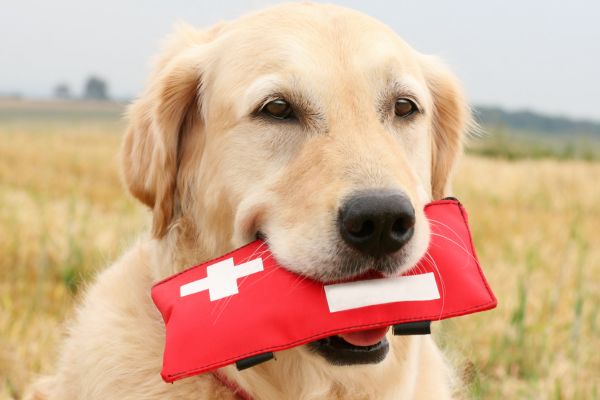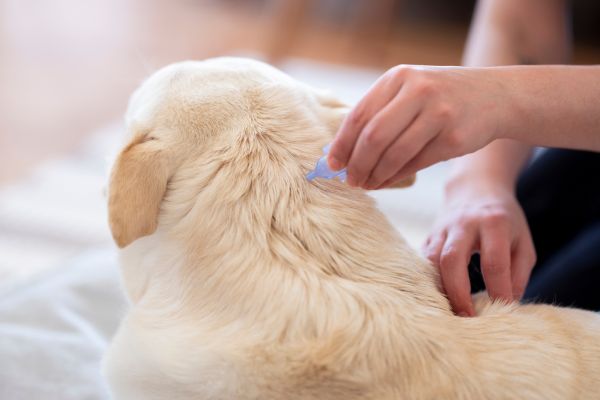What Is an Animal Emergency Hospital?
An animal emergency hospital is a specialized facility that provides urgent medical care to pets when your regular vet isn’t available or equipped to handle the situation. Just like human ERs, these hospitals operate round the clock to address life-threatening conditions, injuries, or sudden illnesses.
From pets with difficulty breathing to those involved in accidents, these hospitals are often the difference between life and death for our furry friends.
Why Might You Need an Animal Emergency Hospital?
Sometimes, emergencies happen when you least expect them. Here are a few common situations where you may need an animal emergency hospital:
- Severe injuries: Car accidents, falls, or wounds.
- Poisoning: From ingesting household chemicals, human medications, or toxic foods.
- Breathing difficulties: Sudden respiratory distress.
- Seizures or collapse: Especially if it’s the first occurrence.
- Complications during labor: For pregnant pets needing immediate assistance.
In these scenarios, the advanced equipment and trained specialists at an animal emergency hospital can make all the difference.
Services Offered at an Animal Emergency Hospital
Emergency pet hospitals are equipped to handle a wide range of urgent care situations. Here’s a breakdown of some services they typically provide:
- Diagnostics and Imaging:
- X-rays, ultrasounds, and CT scans to quickly identify internal issues.
- Surgery:
- Emergency operations for injuries, blockages, or life-threatening conditions.
- Intensive Care Units (ICU):
- For pets needing constant monitoring and specialized care.
- Poison Treatment:
- Handling cases of toxic exposure or ingestion.
- Wound Care:
- Immediate attention to severe cuts, bites, or burns.
- Cardiology Services:
- Advanced heart-related treatments for pets in distress.
How to Identify a Pet Emergency
When you’re panicked, it’s easy to second-guess whether your pet’s condition qualifies as an emergency. To help you decide, here are some signs your pet may need immediate care:
- Uncontrollable bleeding.
- Difficulty breathing or blue gums.
- Severe vomiting or diarrhea lasting more than 24 hours.
- Inability to urinate or defecate, especially in cats.
- Sudden behavioral changes, such as extreme lethargy or aggression.
When in doubt, call an animal emergency hospital. The staff can guide you on the next steps.
How to Prepare for a Pet Emergency
Nobody wants to think about emergencies, but being prepared can save your pet’s life. Here’s how you can get ready:
- Have Your Vet’s Contact Information Handy:
- Know the nearest emergency animal hospitals as well.
- Create a Pet First Aid Kit:
- Include bandages, gauze, a thermometer, and activated charcoal for poisoning.
- Know Your Pet’s Medical History:
- Keep records of vaccinations, medications, and allergies accessible.
- Plan Transportation:
- In an emergency, getting to the hospital quickly is crucial.
Finding the Right Animal Emergency Hospital
Not all animal emergency hospitals are created equal. When selecting one, consider these factors:
- Reputation:
- Read reviews and ask for recommendations from other pet owners.
- Specialized Services:
- Look for hospitals with advanced equipment and specialists.
- 24/7 Availability:
- Emergencies don’t follow a schedule, so round-the-clock care is a must.
- Proximity:
- Choose a hospital that’s close to home for faster access.
What to Expect During Your Visit
Here’s a quick rundown of what happens when you visit an animal emergency hospital:
- Initial Triage:
- A nurse will assess your pet to determine the severity of their condition.
- Examination:
- The vet will perform a thorough evaluation and recommend treatment options.
- Diagnostics:
- If needed, tests like blood work or imaging will be performed.
- Treatment:
- Depending on the diagnosis, your pet may undergo surgery, be hospitalized, or receive medication.
Cost of Emergency Care
Emergency pet care can be pricey, but it’s a necessary expense when your pet’s life is at stake. The costs can vary based on factors like:
- The type of care required: Simple treatments versus surgeries.
- Hospital location: Urban facilities often charge more than rural ones.
- Length of stay: Overnight stays and intensive care add up quickly.
Consider investing in pet insurance to offset these expenses. It might not cover everything, but it can make a significant dent in the bill.
FAQs About Animal Emergency Hospitals
1. When should I take my pet to an animal emergency hospital?
If your pet shows signs of severe distress, such as difficulty breathing, uncontrolled bleeding, or seizures, you should go immediately.
2. How do I find the nearest emergency hospital?
Search online for “animal emergency hospital near me” or ask your regular vet for a recommendation.
3. Are all animal emergency hospitals open 24/7?
Not all, but most are. It’s best to call ahead and confirm their hours.
4. Can I visit my pet if they’re hospitalized?
Most hospitals allow visitation, but policies vary. Ask the staff for their guidelines.
5. Is pet insurance accepted at emergency hospitals?
Many hospitals accept pet insurance, but it’s essential to confirm beforehand and understand your coverage.
Summary
When your pet’s life is on the line, knowing where to go and what to do can make all the difference. An animal emergency hospital provides critical care when regular vets can’t. From preparing for emergencies to finding the right facility, being proactive can save precious time and ensure your pet receives the best care possible.
Authoritative Links
- American Veterinary Medical Association (AVMA): https://www.avma.org
- Pet Poison Helpline: https://www.petpoisonhelpline.com
- ASPCA Animal Poison Control: https://www.aspca.org/pet-care/animal-poison-control
- Veterinary Emergency and Critical Care Society: https://www.veccs.org



